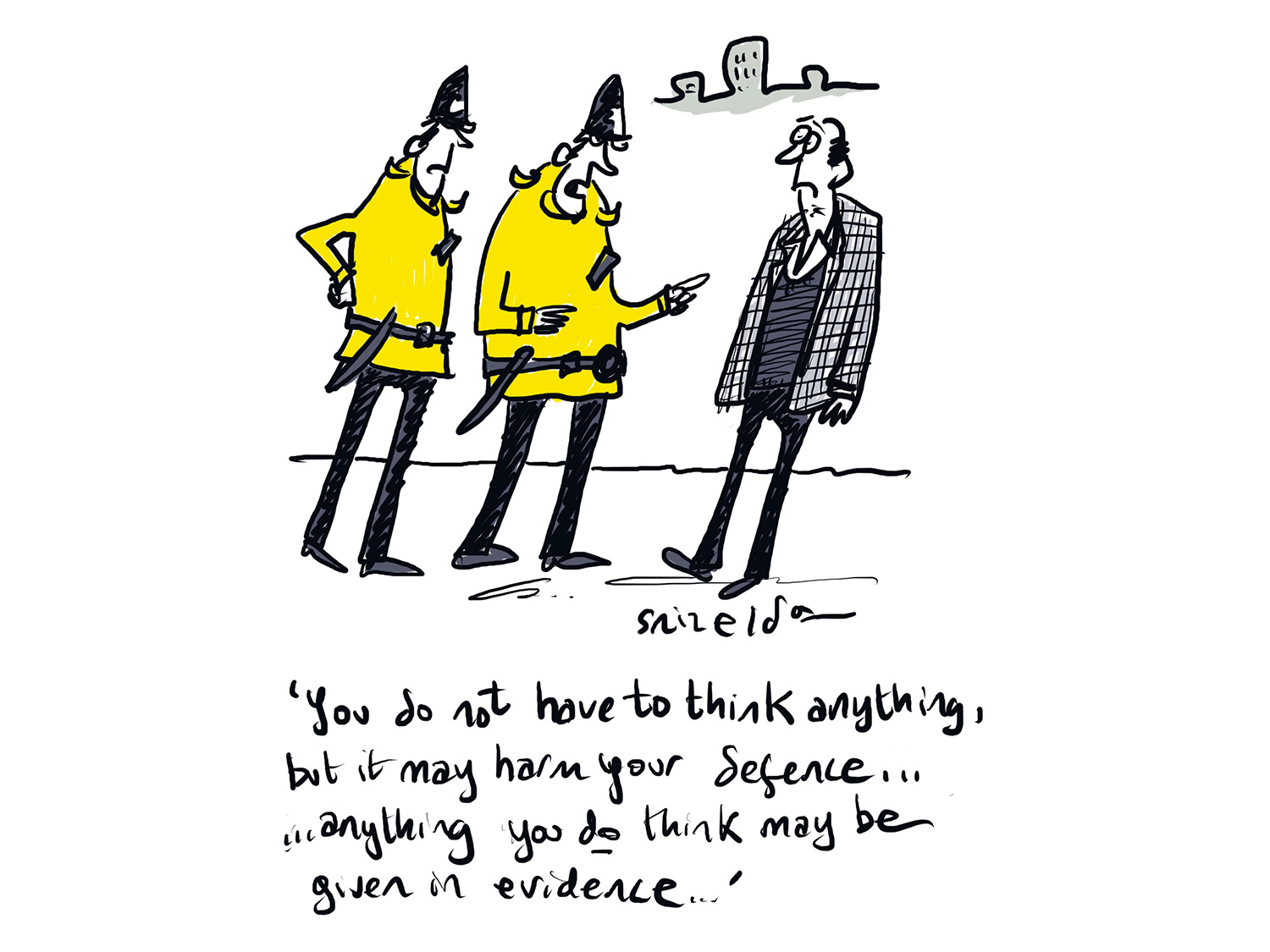It is generally considered that every branch of our current criminal justice system is sub-standard and deteriorating. The Police, the Crown Prosecution Service, the Judiciary and the Prison Service and system of non-custodial punishment are all the subject of justified dissatisfaction. I approach this large subject from my personal vantage point, which limits the scope and purpose of this article, but, I hope, gives it a factual value. From 1963 to about 1970, I had some experience of criminal cases, as a barrister, and, from 1973 to 1995, I had six weeks’ annual experience of them, as a part time judge, in the Crown Courts. That past gives me perspective.
I think the worst performing sector, in the dismal collection, is the CPS, so I shall start with that. I was always a commercial practitioner, but, in my early years, I appeared in some criminal trials. In those days, major crimes were dealt with by the Director of Public Prosecutions and other crimes by local solicitors, appointed for the purpose, in every part of the country. The DPP was a senior criminal barrister, not an administrator, who was highly capable in prosecutions and ran an office, of modest size, of people he knew and oversaw, turning to the Bar, for extra help with court work. The solicitors were under general observation and could not survive, if incapable. For example, in Exeter, where the criminal courts sat at the Castle and Guildhall, the appointed solicitor had his offices at the Castle, took personal responsibility for each case, and relied on the Bar for advocacy. I recall that his office staff was tiny and that he knew, not only the local Bar, but the policemen, probation officers and even the frequent offenders. He was a modest man, who did a modest job well, at low cost and without delays.
When the CPS was formed, in 1986, local prosecutors and the DPP were supplanted by a huge, national organisation, necessarily run by a bureaucracy, operated by employed solicitors and barristers, remote from the coal face and dominated by rules and internal regulation, in place of direct knowledge and individual judgement. Today, only some third of its staff are lawyers. I remember its then director, in about 1990, making a speech to judges, in which she asserted that the recent failure of her Service, to achieve reasonable rates of success, in getting convictions, was because they were prosecuting cases which had too low a prospect of success and that she would cure this by mandating that no case should be prosecuted, unless it had at least a fifty percent chance of success. It seemed not to have occurred to her that the failure rate could have been caused by low level work by her team, nor that her mandate would mean that a minor criminal, assessed at a fifty percent chance of prosecutorial success, would be prosecuted, but, for example, a child rapist and murderer, assessed at a forty nine percent chance, would not be prosecuted.
Not long after its establishment, the CPS earned a reputation for gross incompetence. Papers are lost, witnesses are not given notice of trial dates and advocates, if they turn up, can be lamentable. One obvious problem, apart from the unsuitability of legal work to be institutionalised, is that capable and ambitious lawyers go into private practice, where prospects are better than with the CPS, which cannot match the returns from successful private practice. One particularly bad feature of the CPS is that, being an institution, it lives off paperwork, especially statistics, from which it can promulgate rules, so it makes significant demands on police time, in filling out forms. Much of such form filling is time wasted and none of it is of value equal to time spent in actual policing.

